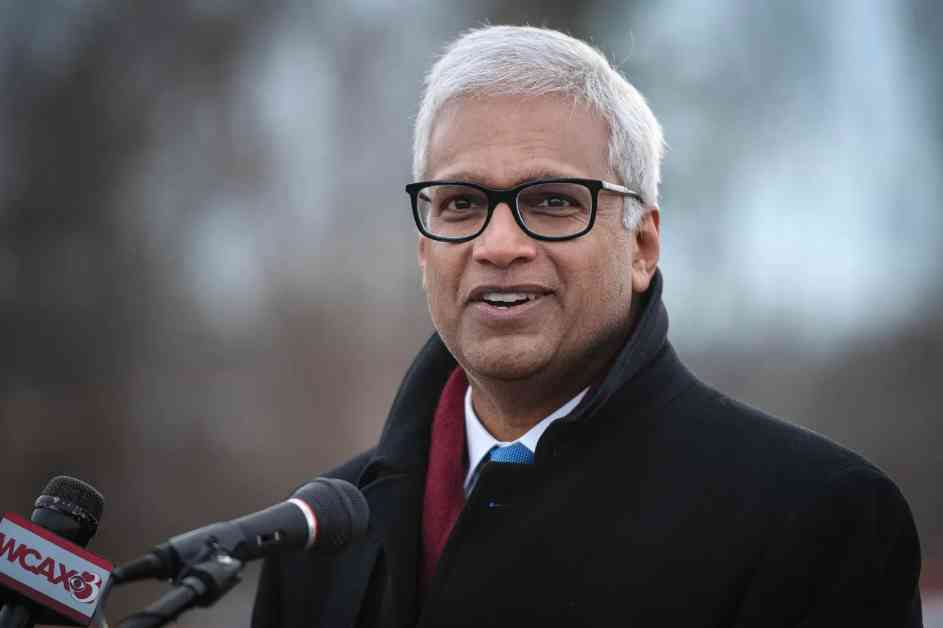UVM Health Network Executives Rake in $3 Million in Bonuses
Top executives at the University of Vermont Health Network were recently awarded bonuses totaling $3 million last year. This sizeable sum, referred to as “variable pay,” was distributed among the network’s top 19 senior leaders, including President and CEO Sunny Eappen, vice presidents, and heads of various medical entities, according to Kerin Stackpole, former chair of the network’s board of trustees’ compensation committee.
Compensation Criteria and Company Performance
The decision to grant these bonuses was based on a predetermined set of goals, including employee retention, operating margin achievement, and patient experience. Although the network fell short of its patient experience target, it managed to cut $40 million in administrative costs over the past few years. The 19 executives’ pay accounted for just 1% of the network’s overall payroll.
Annie Mackin, a network spokesperson, emphasized the competitive nature of the healthcare industry, stating that attracting top talent is crucial to providing quality care in Vermont and upstate New York. Despite the controversy surrounding executive compensation, Stackpole, the former compensation committee chair, defended the bonuses, citing the importance of retaining skilled professionals in the region.
Public Outcry and Legislative Response
The disclosure of these bonuses has sparked public outrage, with critics pointing to high hospital prices and administrative costs as key contributors to escalating healthcare expenses in the state. Lawmakers have proposed a bill to cap hospital executive compensation at 10 times the salary of the lowest-paid patient-facing workers, along with other measures to increase financial transparency and control costs.
Rep. Esme Cole highlighted the widening inequality gap in the healthcare system, expressing concern that budget constraints often lead to cuts in essential services for vulnerable populations. Mike Fisher, Vermont’s chief health care advocate, echoed these sentiments, emphasizing the need for hospital leaders who prioritize community well-being over excessive financial gain.
Employee Compensation and Network Impact
While the $3 million in executive bonuses attracted significant attention, it was not the only form of variable pay distributed within the network. A total of 225 employees across various departments, including supply chain, laboratory, pharmacy, and nursing directors, were eligible for variable pay, with most receiving between 65% and 90% of their allocated bonuses.
Despite the ongoing debate over executive compensation, the University of Vermont Health Network continues to navigate challenges in a rapidly evolving healthcare landscape. As stakeholders grapple with issues of equity, accountability, and affordability, the network remains committed to delivering quality care to its diverse patient population.
Future Outlook and Community Engagement
As the healthcare industry undergoes transformative changes, the University of Vermont Health Network faces a critical juncture in balancing financial sustainability with public trust. By fostering open dialogue, embracing transparency, and prioritizing patient needs, the network can forge a path forward that aligns with its mission of promoting health and wellness in the communities it serves.
In conclusion, the $3 million in executive bonuses represents a complex issue that underscores the broader challenges facing the healthcare sector. By engaging in constructive dialogue, exploring innovative solutions, and advocating for meaningful change, stakeholders can work together to build a more equitable and efficient healthcare system for all.









